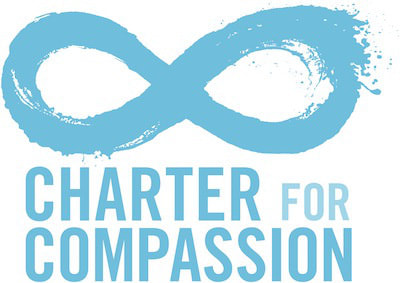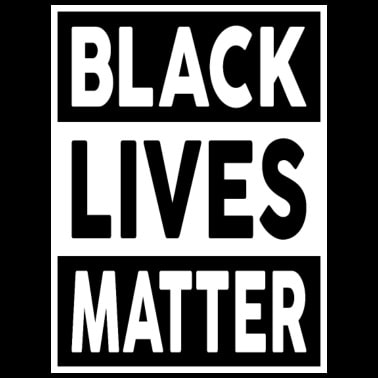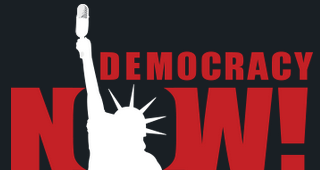“As I got situated on campus my first year, it was both amazing to be part of the Harvard community and really quite painful to learn that the school [had a] multitude of investments in the fossil fuel industry”
“As I got situated on campus my first year, it was both amazing to be part of the Harvard community and really quite painful to learn that the school [had a] multitude of investments in the fossil fuel industry”
The oil industry is terrified of college kidsStudents held crush apartheid. Now they're using the same tactics against fossil fuels
February 3, 2022
by Nitish Pahwa Harvard University’s September decision to stop investing in fossil fuel companies, and to let its current investments in the sector expire without renewal, was widely hailed as one of the biggest climate victories in recent history. And for good reason—it was the most significant win yet for the climate divestment movement, a decade-old initiative that’s applied a popular anti-apartheid activist tactic to get colleges, banks, charitable foundations, and religious organizations to stop funding oil and gas firms. Harvard has the largest endowment of any university in the world—totaling $53 billion—meaning a deep pool of money is now out of Big Oil’s reach. This mission was also primarily driven by Harvard’s students; campus group Fossil Fuel Divest Harvard employed moves from meeting directly with administrators to storming the field during the annual football game against Yale. It’s all quite literally paid off.
Yet, as is the case with any successful social initiative, there’s now an institutional backlash. As Kate Aronoff has reported in the New Republic, the American Legislative Exchange Council—a Koch-linked nonprofit that helps state legislators craft right-wing policy—is writing model bills to protect fossil fuel investments, in essence making divestments like Harvard’s illegal. Their framework prohibits “discrimination” against fossil fuel companies by requiring state treasurers and comptrollers to withdraw government funds from banks, insurance companies, pension funds, and other financial institutions that “boycott” investing in oil and gas firms. Texas is the only state so far to have such a policy on the books, but states like West Virginia have considered similar legislation. At this point, numerous institutions have already successfully disinvested in fossil fuels, yanking a total of $40 trillion from the industry’s reach so far. But if ALEC has its way, with the support of sympathetic red states and conservative legal scholars, it could strike a blow to one of the climate movement’s most effective tools. For now, the bills at play seem to target private businesses, but scholars have outlined ways universities’ divestment efforts could hypothetically face legal trouble, as well. Other academic institutions, like Boston College, are putting up fights to resist divestment pressure. To take stock of the successes of climate divestment so far, and to assess the challenges that lie ahead, I spoke over Zoom with Connor Chung, a Harvard Class of 2023 student who was on the field for that famous football game and has been closely involved with Fossil Fuel Divest Harvard ever since. Our conversation has been edited and condensed for clarity. Nitish Pahwa: How did you get involved in Harvard’s divestment campaign? Connor Chung: As I got situated on campus my first year, it was both amazing to be part of the Harvard community and really quite painful to learn that the school was actively working against my and my peers’ future through its multitude of investments in the fossil fuel industry. To make matters worse, it wasn’t clear that they even wanted to meaningfully listen to young people. It’s in part with that in mind that I decided to get more involved, my freshman year, in the fossil fuel divestment movement. Content from MotherJones
|
We envision a world in which people treat each other with respect and kindness, where we consider the Earth to be our home to care for and to enjoy. And we see that this world is in the process of emerging.
Positive News is a reflection of this widespread movement and tells its powerful stories. Vertical Divider
|








